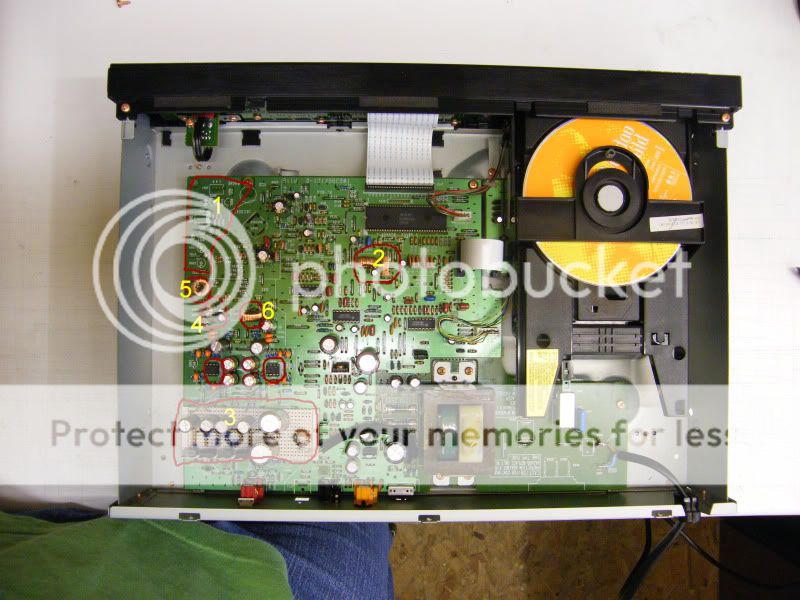Why does it sound different? Or more to the point, how can it sound different? Does it have massive capacitance - or lack of? Is it very resistive?
Again, not trying to be smart, but if it is none of those things, then at audio frequencies, there are no physical reasons which will allow it to sound different to A N Other cable with the same electrical properties.
I'm happy to listen / test any cables or strange boxes that purport to 'burn in' various things, but I know from (admittedly distant) past experience with this sort of thing, when I've said I can't hear / measure any difference, that opinion is poo-poo'ed by the so called golden eared folk.
One distant past thing was the green CD pens that were popular. A certain dealer in the North West I used to go to (with a mate who was friends with him) sat me down in front of his Isobariks and played a CD. He then painted the edge of the CD with the green pen and popped it back in to immediately start singing its praise as to how much more natural and detailed it sounded. I said that to me it sounded exactly the same, which resulted in a fair bit of rolling of eyes and tutting from him and his 'fanboys' hanging around. I still maintain that it did nothing, and could not do anything.
I think it's better with that sort of thing to say if a listener thinks they can hear a difference, then great, money well spent. It matters not whether there really IS a difference.
I *can* hear a difference between this, and the original player before modification - and I know why, and can measure why. Just fits my engineering sensibilities better

 .........this one really does sound quite different than any other i have ever heard..... :shock:
.........this one really does sound quite different than any other i have ever heard..... :shock: 
